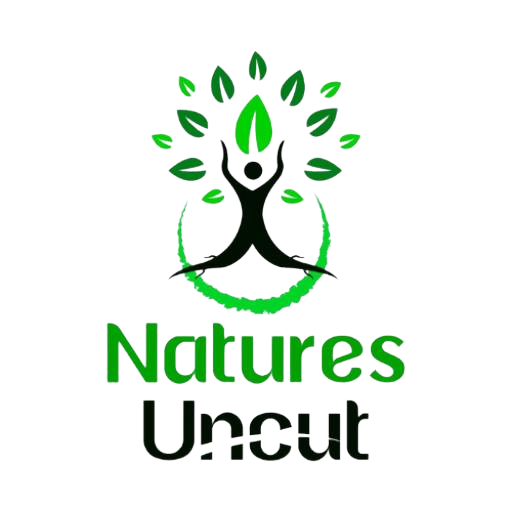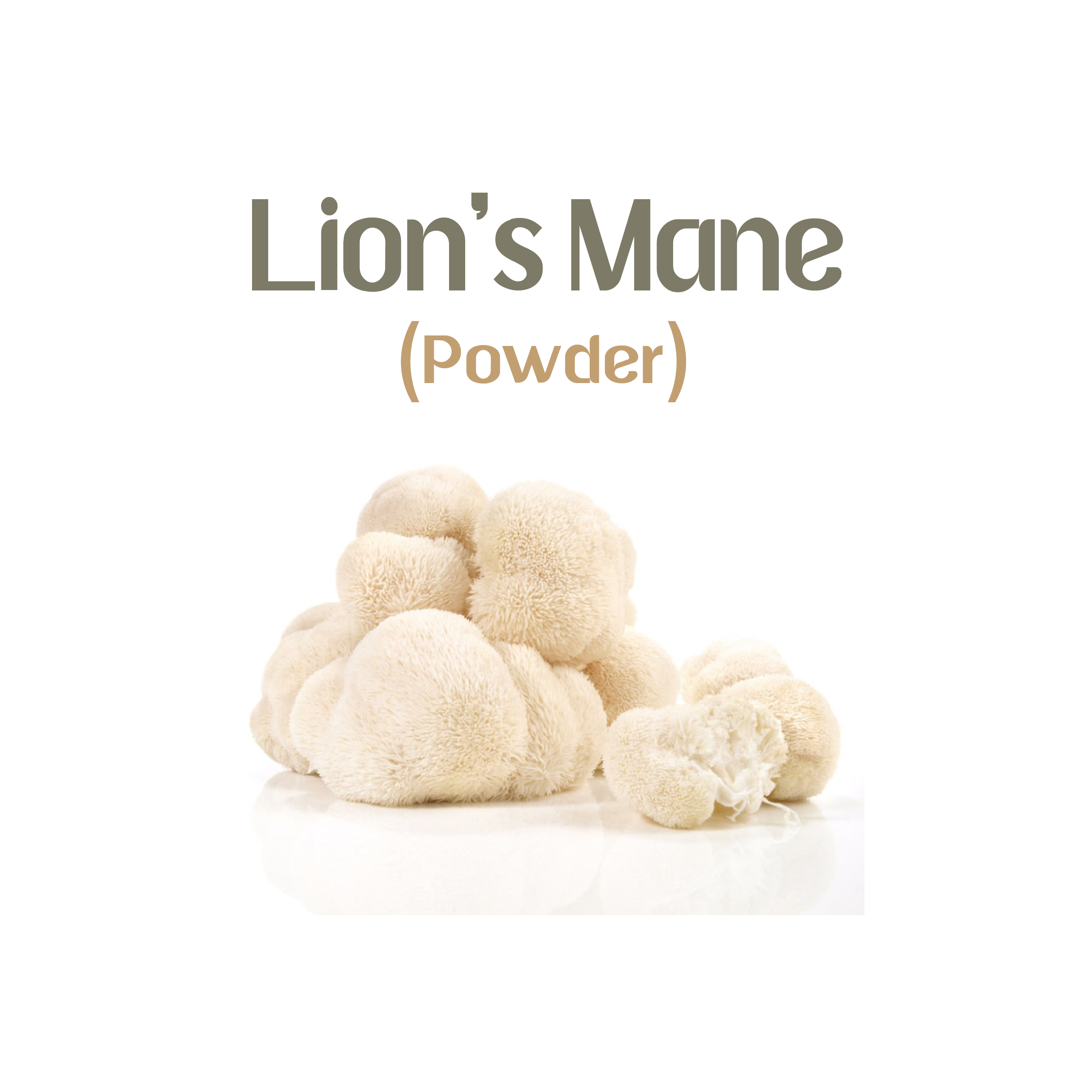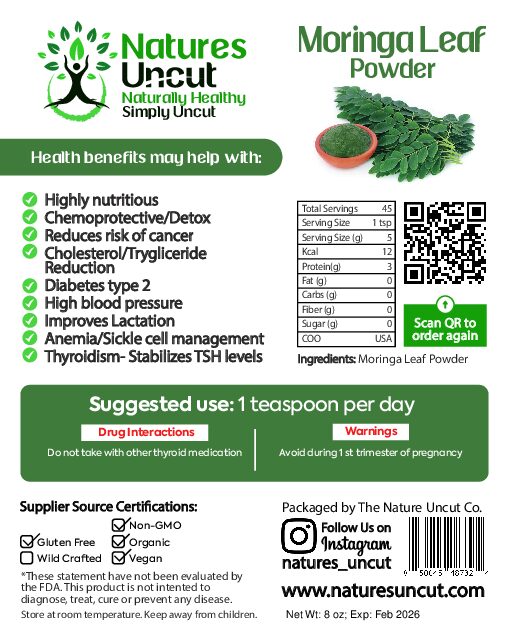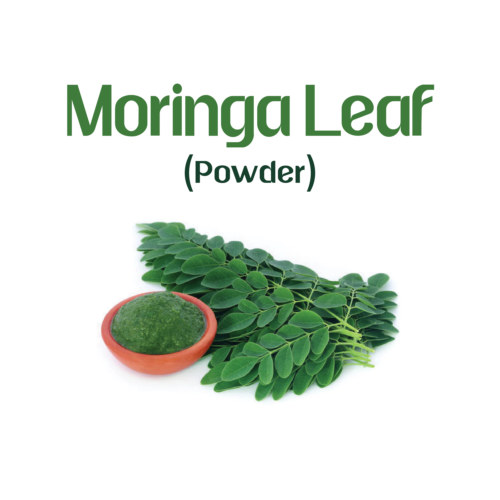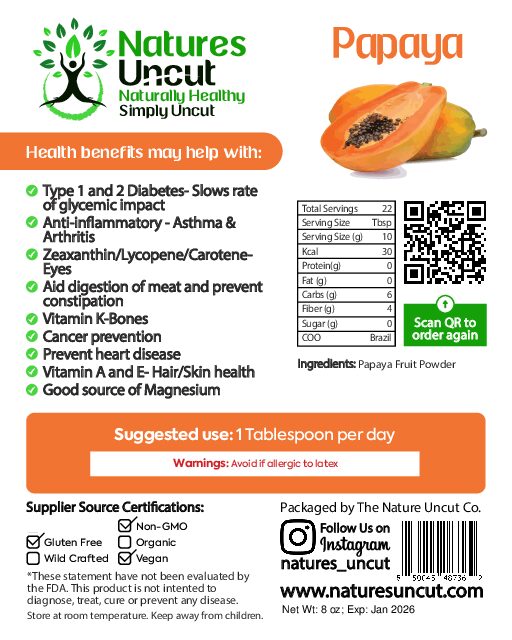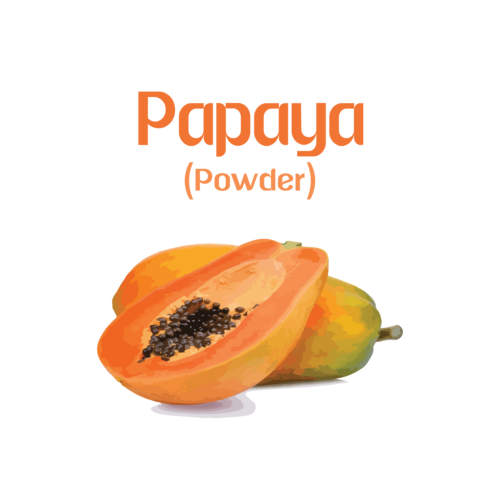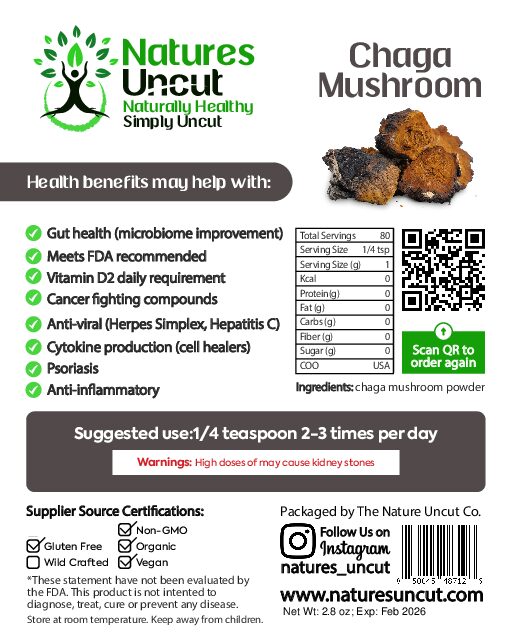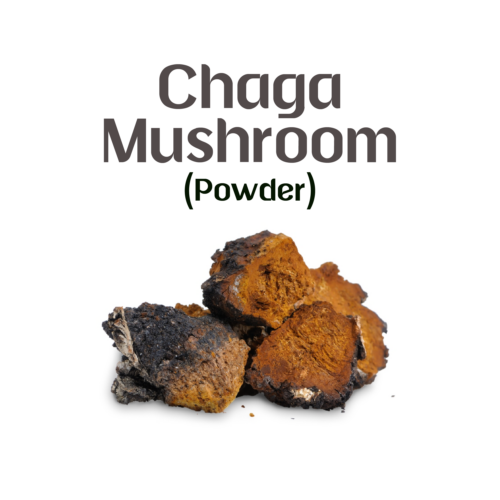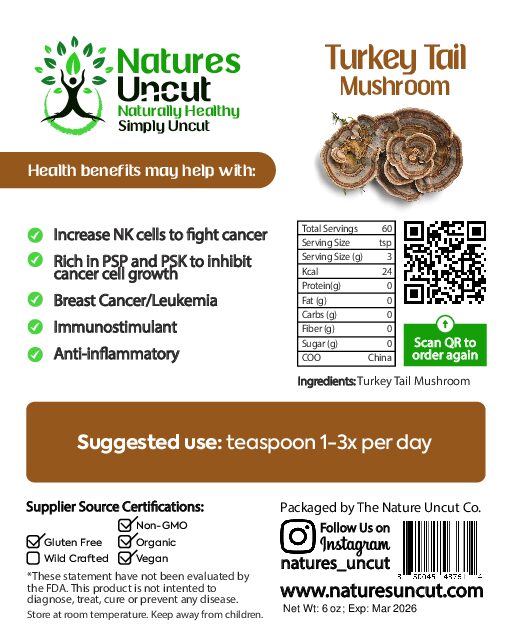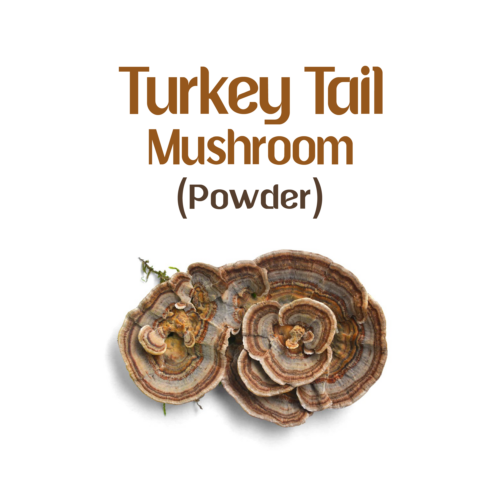Description
Our bee pollen is Monofloral/Single nectar sourced and has 200 beneficial compounds.
Bee Pollen highlights include:
• Lower Cholesterol
• May improve blood circulation
• Liver disease
• Possibly inhibits tumor growth
• Inflammation
• Immune system
Warning: Do not feed to infants under one year.
Frequently Asked Questions about Bee Pollen?
1. What is bee pollen?
Bee pollen is a nutrient-rich substance composed of vitamins, minerals, carbohydrates, lipids, and protein. It’s a blend of flower pollen, nectar, enzymes, honey, wax, and secretions from bees.
Honey bees gather pollen from plants and carry it back to the hive, where it’s stored as food for the colony. The pollen is collected on their bodies as they move between flowers and may also include bee saliva.
It’s important not to confuse bee pollen with other bee-derived products like honey, royal jelly, or honeycomb, as these may not contain pollen or might include different components.
2. What are the benefits of bee pollen?
- Lower Cholesterol
- May improve blood circulation
- Liver disease
- Possibly inhibits tumor growth
- Inflammation
- Immune system
Relieving inflammation
Research suggests that bee pollen may act like anti-inflammatory medications. In a study involving rats with swollen paws, bee pollen extract helped reduce inflammation. Similarly, research on mice showed anti-inflammatory effects when bee pollen was used to treat liver disease.
Bee pollen contains compounds like the antioxidant quercetin, which can lower the production of inflammatory omega-6 fatty acids such as arachidonic acid. Additionally, its plant-based compounds may inhibit processes that trigger the release of inflammatory hormones like tumor necrosis factor (TNF).
Acting as an antioxidant
Bee pollen is rich in antioxidants such as flavonoids, carotenoids, quercetin, kaempferol, and agglutination. These antioxidants help protect the body from free radicals, which can damage cells and contribute to chronic illnesses like cancer and type 2 diabetes.
However, the antioxidant content of bee pollen can vary depending on its plant source, so it’s not always clear where the pollen originates unless labeled.
Improving liver health
Animal studies, including one from 2021, suggest that bee pollen may help treat conditions like hepatitis and nonalcoholic fatty liver disease. Its antioxidants may also protect the liver from damage caused by toxins, including drug overdoses. A 2016 study found that bee pollen might even aid in liver repair and recovery.
Enhancing the immune system
Bee pollen is packed with natural compounds and diverse vitamins that can support the immune system. These nutrients may help the body defend against pathogens and other harmful substances.
Reduction of airborne allergies
Bee pollen is known to help reduce allergic reactions to airborne/seasonal allergens. It seems to help the immune system modulate its inflammatory response to them.
3. How do I use the Bee Pollen?
You can incorporate bee pollen into your diet in several ways:
-
- Toppings: Sprinkle granules on cereal, yogurt, salads, toast, or poke bowls.
- Smoothies or Drinks: Blend ground bee pollen into smoothies or mix it into coffee or tea.
- Baked Goods: Add it to recipes like banana bread, granola bars, or pastries.
- Salad Dressing: Mix ground bee pollen into dressings, such as honey mustard.
- Supplements: Take it in capsule or powder form.
- By the Spoonful: Simply eat it on its own.
- Warning: If you are allergic to airborne allergens, it is recommended you only start with
- ¼ teaspoon once a day for the 1st week
- ½ teaspoon once a day for the 2nd week
- 1 full teaspoon once a day from the 3rd week and on.
4. Can you get bee pollen naturally from foods?
Bee pollen is not naturally found in any food other than the pollen itself.
